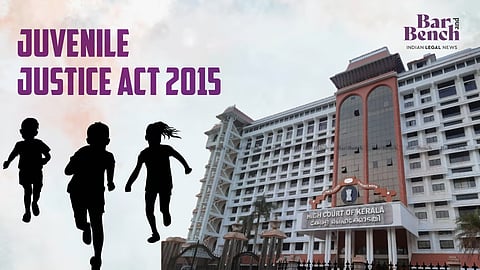The Kerala High Court recently granted relief to a 29-year-old man who sought the erasure of police records concerning a crime that he had been accused of when he was a minor/ juvenile, thereby ensuring that his past did not affect his future job prospects as an adult.

